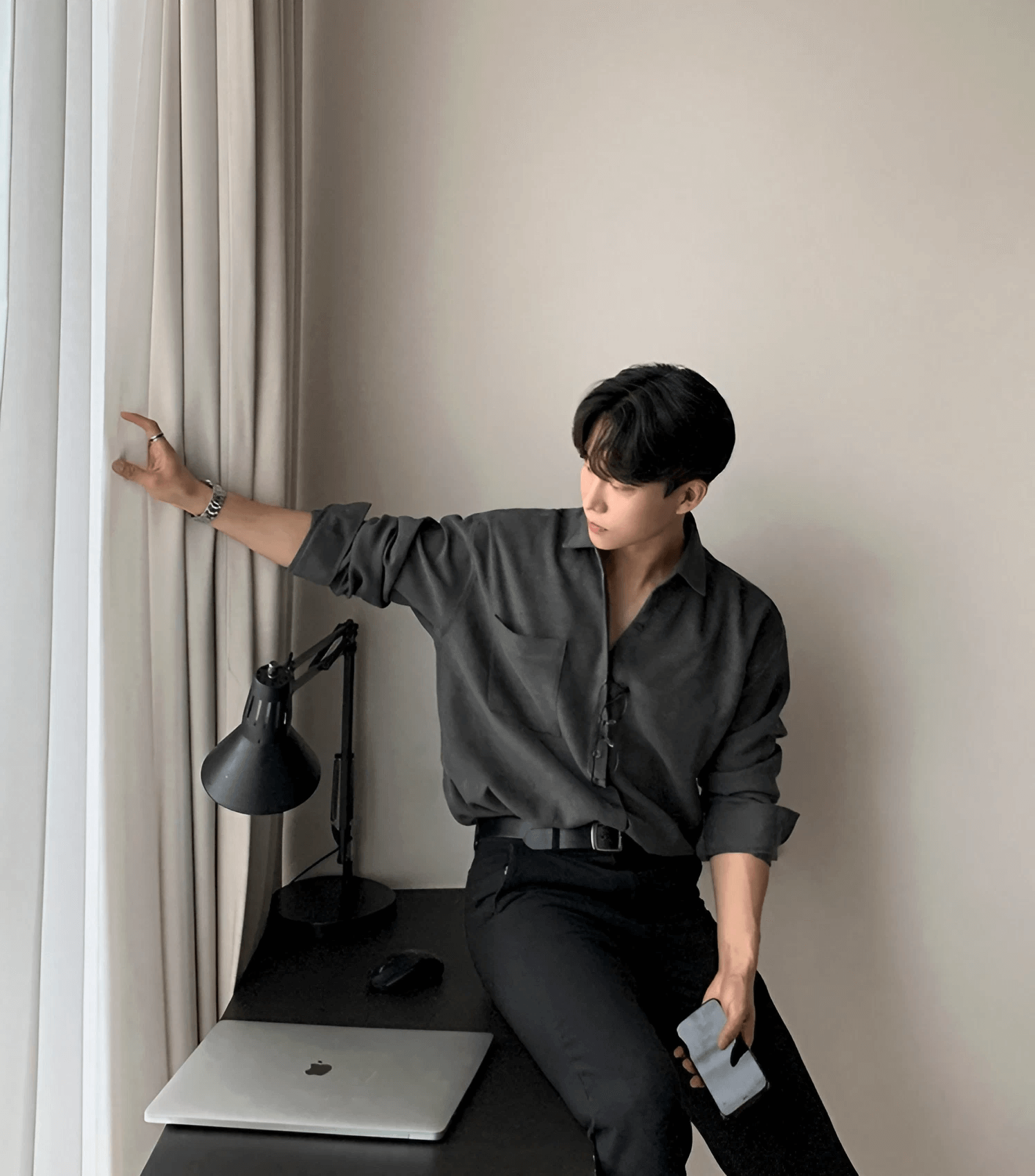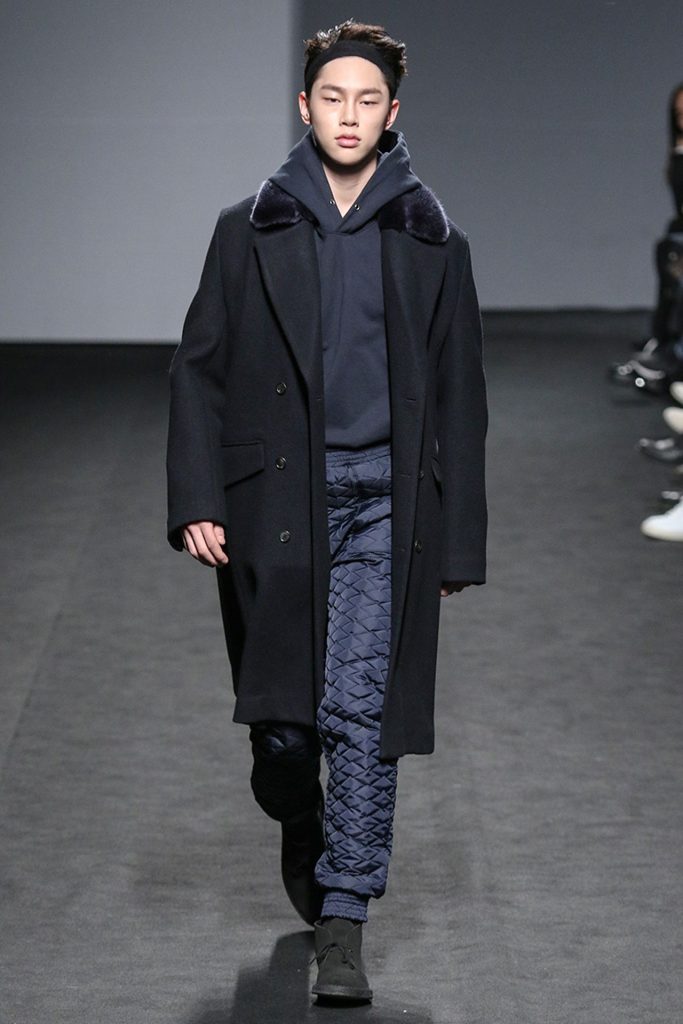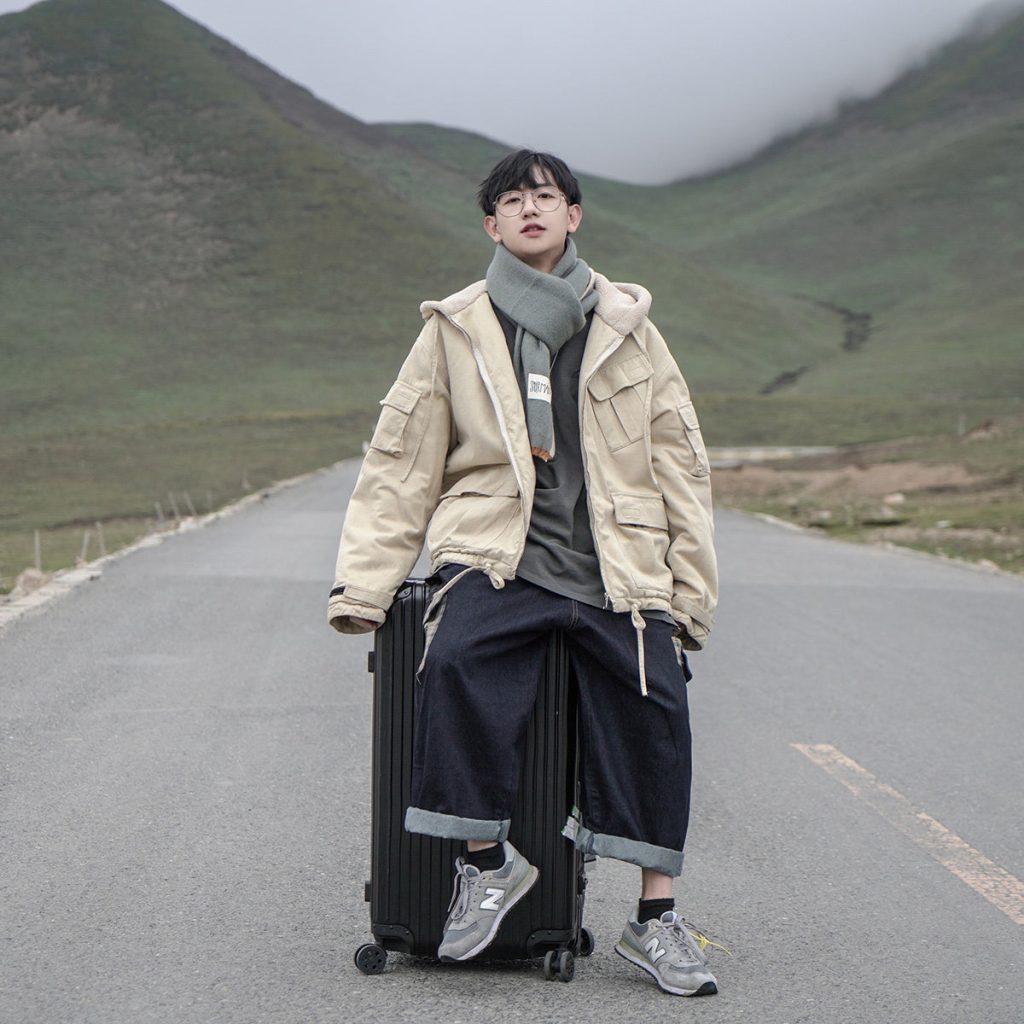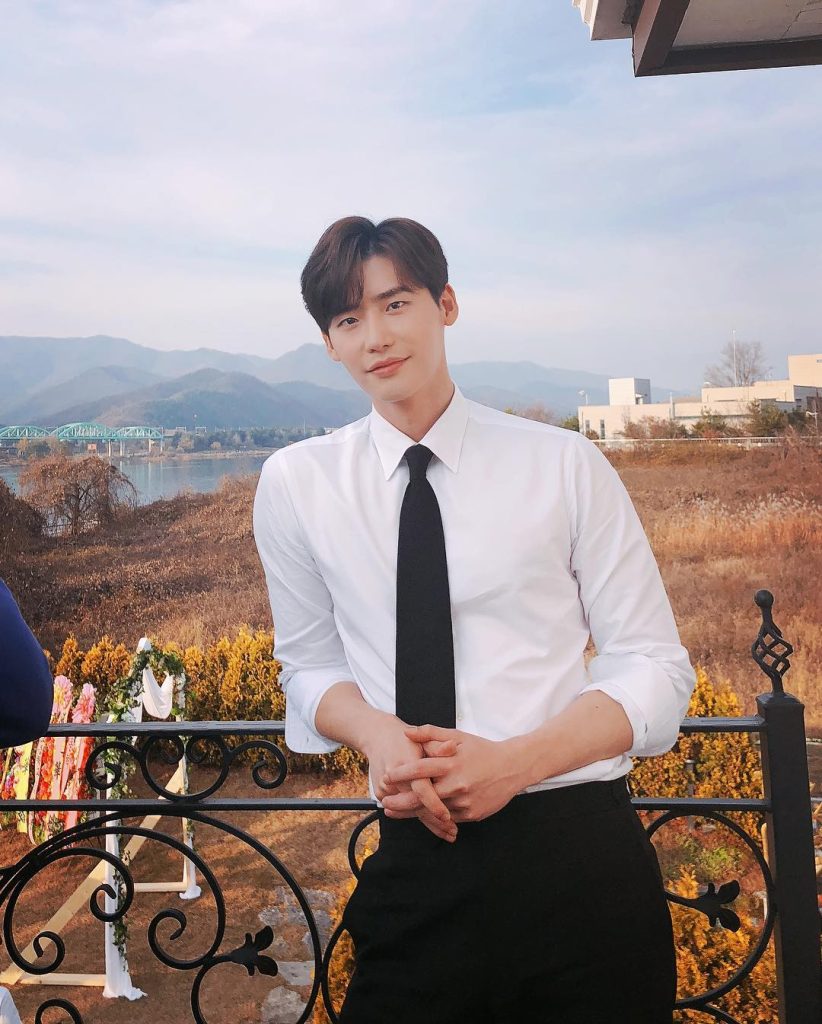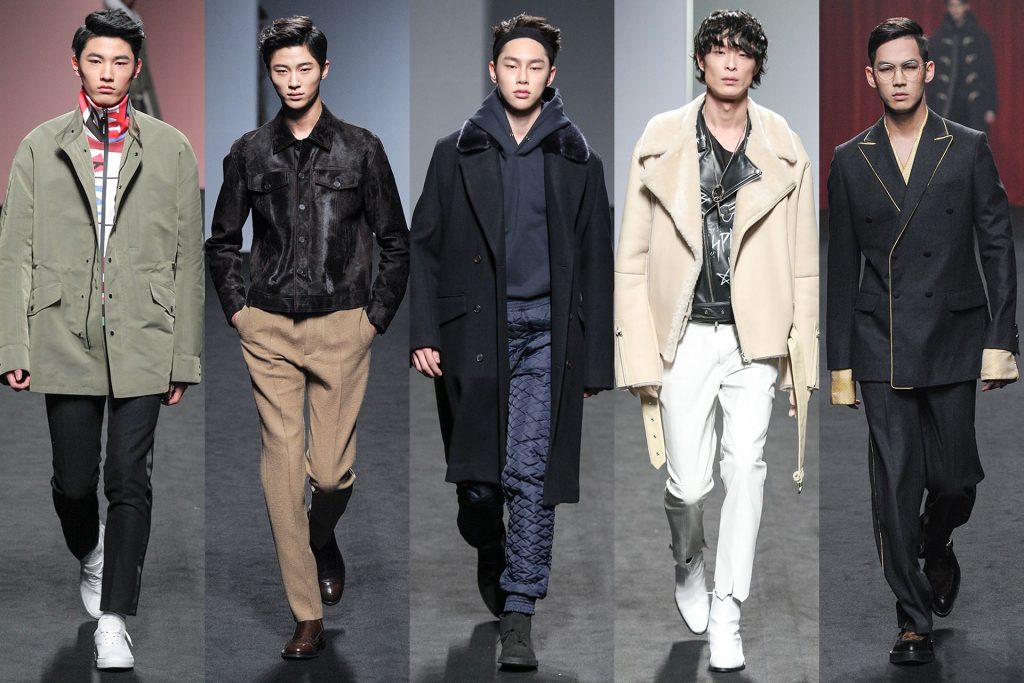Introduction
Over the past few decades, Korean society has witnessed a paradigm shift in the definition of masculinity, as traditional norms give way to more progressive and inclusive ideals. This evolution reflects a complex interplay of factors, including economic development, globalization, and the rise of feminist movements, all contributing to a reimagining of what it means to be a man in contemporary Korea.
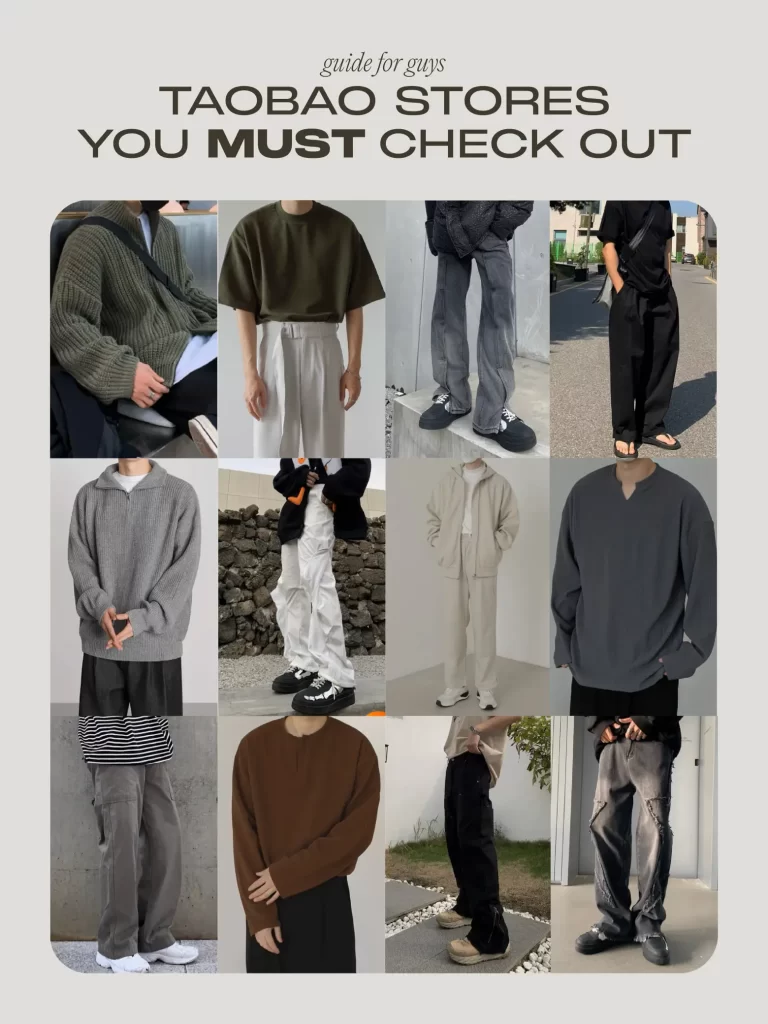
Historical Context
Historically, Confucian values have significantly shaped Korean society, prescribing strict gender roles where men were expected to be providers and protectors, embodying strength, stoicism, and filial piety. This traditional model of masculinity, often referred to as “joseonjokki,” placed emphasis on academic achievement, career success, and maintaining the family hierarchy. However, as South Korea rapidly industrialized and became a global economic powerhouse, these deeply ingrained gender norms began to face challenges.
Economic and Social Changes
South Korea’s economic boom in the late 20th century led to increased educational opportunities and a shift towards service-based industries, which in turn opened up new professional avenues for women. As more women entered the workforce and achieved economic independence, the traditional breadwinner model started to erode. This economic empowerment, coupled with rising education levels, fueled a feminist awakening, challenging gender disparities and advocating for equal rights.
Pop Culture and Media Influence
Korean pop culture, particularly K-pop and K-dramas, has played a pivotal role in shaping and reflecting societal attitudes towards masculinity. Idols and actors often portray softer, more emotionally expressive versions of masculinity, diverging from the traditional tough and unyielding image. These representations have resonated with younger generations, fostering a culture that embraces vulnerability and emotional intelligence as strengths rather than weaknesses.
The MERS Effect and Mental Health Awareness
The Middle East Respiratory Syndrome (MERS) outbreak in 2015 inadvertently highlighted the importance of emotional support and care-giving roles, traditionally associated with femininity. The crisis underscored the need for empathy and emotional labor, qualities that Korean society is increasingly valuing in men. This, alongside a growing awareness of mental health issues, has encouraged a dialogue about the pressures men face and the need for a healthier, more balanced approach to masculinity.
The Rise of the ‘SsingSsing Men’
The term “ssing-ssing” (shiny) has been coined to describe a new breed of Korean men who prioritize self-care, grooming, and personal style. This trend signifies a departure from the rugged, less appearance-conscious archetype, embracing a more metrosexual aesthetic. Ssing-ssing men are not afraid to experiment with fashion, skincare, and makeup, challenging traditional gender boundaries and fostering a culture of self-expression.
Challenges and Progress
While progress has been made, traditional gender roles remain deeply ingrained in certain sectors of Korean society, particularly in more conservative and rural areas. Issues such as the gender pay gap, workplace discrimination, and high suicide rates among men still persist. However, initiatives like the government’s ‘Gender Equality Policy’ and the rise of male feminists (“femidol”) signal a commitment to ongoing change.
Media Representation and Influence
Media representation plays a crucial role in shaping public perception and driving societal change. In recent years, Korean dramas (K-dramas) and films have started to feature narratives that challenge conventional gender stereotypes. Storylines now frequently depict men in non-traditional roles, such as stay-at-home fathers, caregivers, or those pursuing careers in fields historically dominated by women. This portrayal helps normalize alternative masculinities and encourages viewers to question and reassess their own biases.
Moreover, documentaries and talk shows are increasingly addressing topics related to mental health, work-life balance, and the pressures faced by Korean men to conform to societal expectations. Open discussions about these issues not only raise awareness but also foster empathy and understanding among the wider population.
The Impact on Family Dynamics
As gender roles evolve, so too do family dynamics. Shared parenting responsibilities, once a rarity, are becoming more common. Fathers are increasingly involved in child-rearing and household chores, fostering a more balanced and cooperative family environment. This shift not only alleviates the burden on women but also strengthens the bond between fathers and their children, promoting emotional intimacy and a healthier upbringing for the next generation.
Education and Workplace Reforms
Recognizing the need for systemic change, educational institutions and corporations in Korea are implementing reforms to promote gender equality. Educational curriculums now include lessons on gender sensitivity and respect, aiming to cultivate a generation that embraces diversity and inclusivity from a young age. In the workplace, companies are adopting policies to address gender discrimination, offering parental leave for both mothers and fathers, and implementing diversity and inclusion training programs.
Grassroots Movements and Advocacy
Grassroots movements, led by both men and women, have emerged to advocate for gender equality and challenge patriarchal structures. Online communities, social media campaigns, and offline events provide platforms for individuals to share their experiences, raise awareness, and mobilize for change. Men’s groups focused on feminism and gender equality, such as ‘Manzi,’ are working to redefine masculinity from within, encouraging open discussions about emotions, relationships, and the harmful effects of rigid gender norms.
The Intersectionality Factor
It’s crucial to recognize that the evolution of men’s roles in Korean society intersects with other factors such as age, class, and sexuality. Younger generations tend to be more receptive to progressive gender ideas, while older generations may cling to traditional values. Socioeconomic status can also influence attitudes and access to resources that facilitate more egalitarian lifestyles. Furthermore, LGBTQ+ individuals face additional layers of complexity, navigating not only changing gender roles but also battling against homophobia and transphobia.
Conclusion
The evolving role of Korean men in contemporary society is a testament to the dynamic nature of culture and the potential for positive transformation. From challenging traditional gender norms to embracing a more nuanced and diverse concept of masculinity, Korean society is gradually redefining what it means to be a man. This shift not only empowers individuals to live more authentically but also contributes to a more equitable and compassionate society. As South Korea continues to navigate this cultural evolution, the world watches with interest, recognizing the lessons and inspirations it holds for global conversations on gender equality and social progress.
